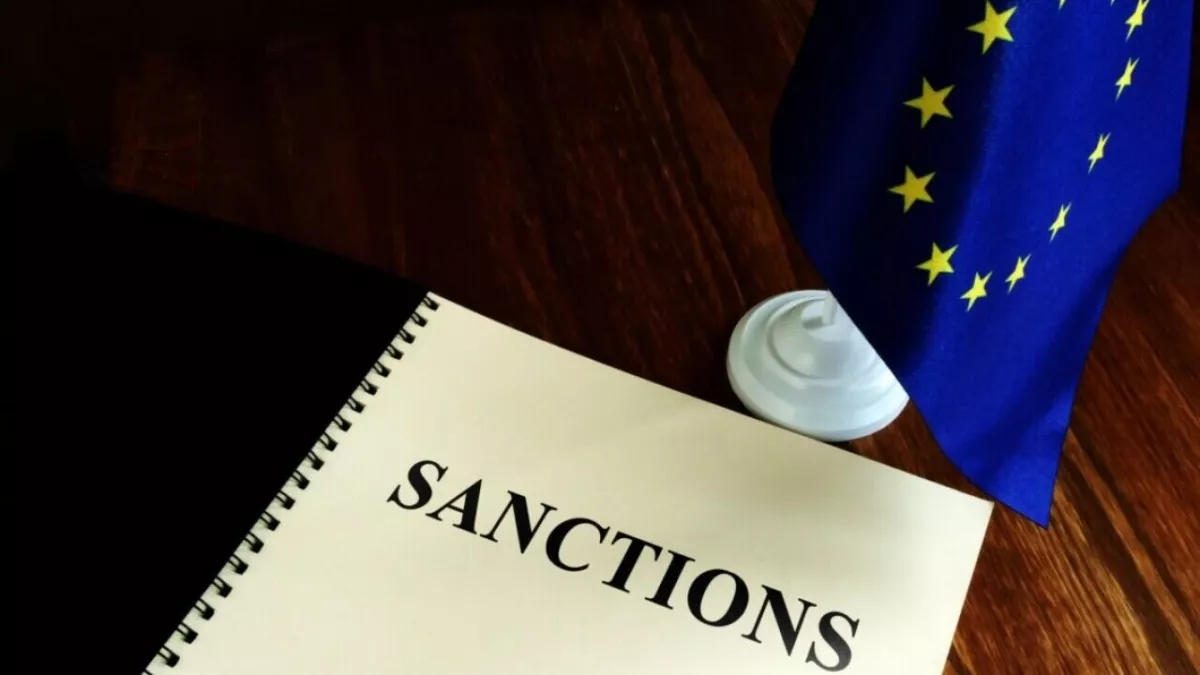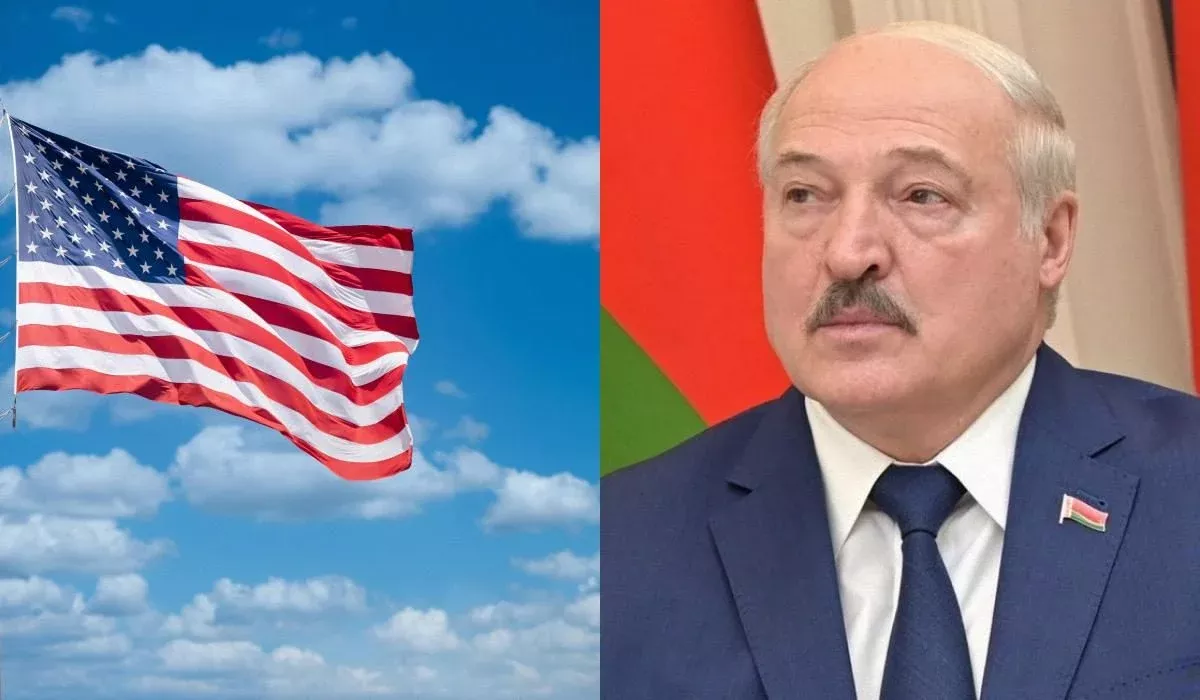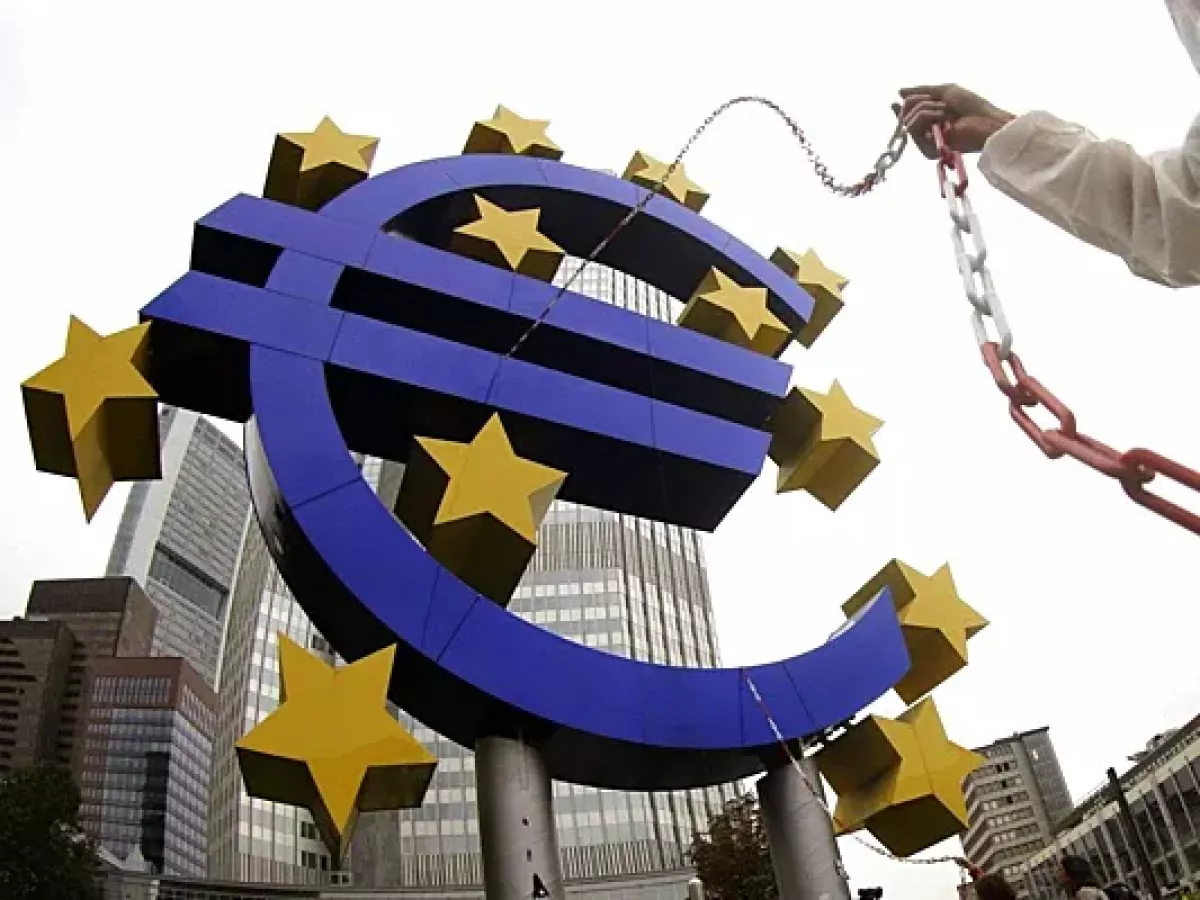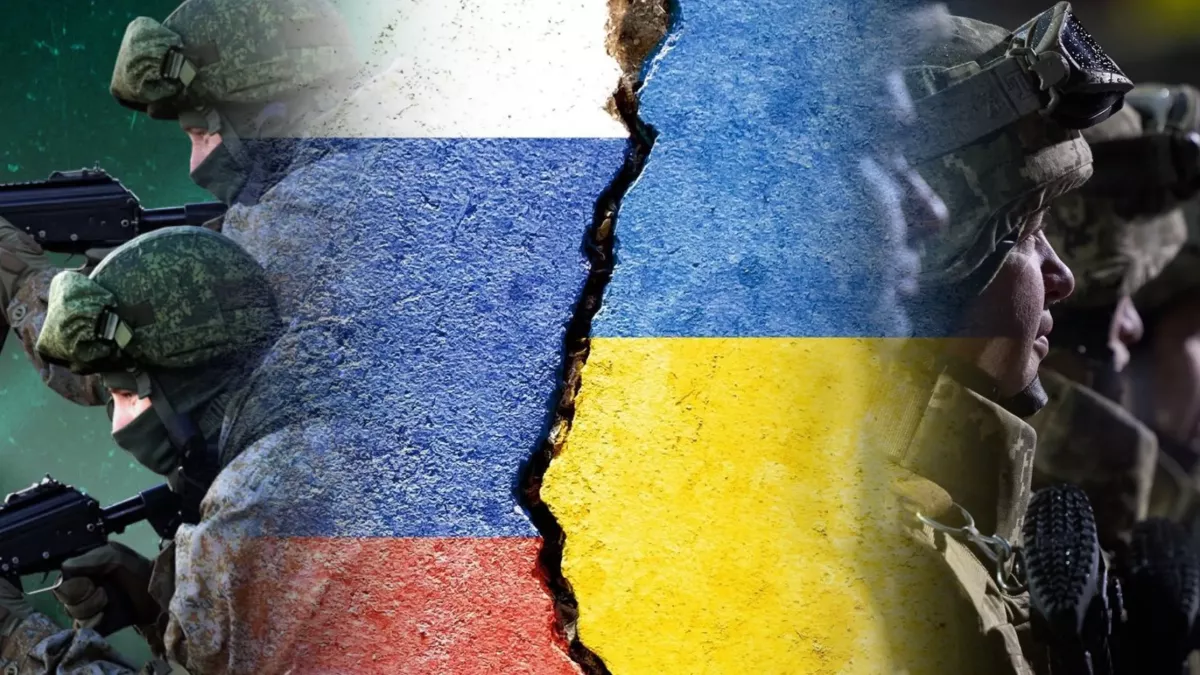EU sanctions against Belarus: senseless and merciless How Brussels got Minsk wrong
The West’s years-long sanctions policy toward Belarus represents a fascinating case study—not only for evaluating the effectiveness of sanctions themselves, but also for assessing the overall strategic logic of Western foreign policy, particularly that of the European Union.
On July 18, the European Union announced a new round of sanctions against Russia. This marks the 18th sanctions package adopted by all EU member states since the outbreak of the Russia–Ukraine war. As with previous rounds, internal discussions within the EU over this package were difficult. Hungary and Slovakia opposed it and demanded guarantees that the economic damage to their countries would be minimised. Ultimately, a compromise was reached, and the new sanctions became reality. EU High Representative for Foreign Affairs and Security Policy, Kaja Kallas, described the decision as “one of its strongest sanctions packages against Russia to date.”

Of course, the main focus of analysis has been the measures targeting Russia. Even the name of the package classifies it as anti-Russian. However, part of the package also includes new restrictive measures against another country—Belarus.
The Belarus sanctions packages
The EU’s sanctions history with Belarus is significantly longer and more complex than its history with Russia. The first restrictive measures against Minsk were introduced back in the mid-1990s. Since then, sanctions have been repeatedly expanded and scaled back, or even completely lifted. For instance, between 2016 and 2020—when EU–Belarus relations arguably reached their peak—almost all sanctions were removed. However, following the Belarusian presidential elections in August 2020, a new and extensive chapter of sanctions pressure on Minsk began.
When the Russia–Ukraine war broke out in February 2022, the EU began imposing "parallel" sanctions on both Russia and Belarus, citing Belarus's role in the conflict. The recently adopted 18th anti-Russian sanctions package once again included Belarus as part of this parallel framework. However, it is important to note that as of the start of the war, Belarus was already subject to six EU sanctions packages. Prior to 2022, these packages were justified by other reasons: the country’s internal political situation, the forced landing of a Ryanair flight in Minsk in May 2021, and the migration crisis on the EU–Belarus borders.
Today, factoring in these “parallel” Belarus–Russia sanctions, more than ten packages of restrictive measures are in force against Minsk. These include both targeted sanctions against specific individuals and entities, as well as broader sectoral economic sanctions. As their numbering suggests, Belarus is not included in every anti-Russian package, and the scope of sanctions against Minsk and Moscow is not identical. Still, some European politicians—supported by active media lobbying from segments of the Belarusian opposition—have spent the last three years calling for complete synchronisation of these sanctions and for Belarus to be legally equated with Russia in this regard.
This time, too, during the development of the 18th package, several European capitals pushed for a full-scale crackdown on Belarus. They advocated for far more sweeping measures. However, other EU member states (and not only Hungary and Slovakia) held a different view, emphasising the counterproductive nature of such steps under current circumstances.

In particular, attention was drawn to the nascent dialogue between Belarus and the United States concerning the potential to de-escalate bilateral tensions and restore full-fledged diplomatic engagement in Minsk and Washington. This dialogue is still in its early stages, but it already demonstrates that respectful, mutual communication can achieve far more than one-sided political or sanctions pressure. Therefore, even given the modest but positive results of the Belarus–U.S. dialogue so far, imposing much harsher and broader EU sanctions at this moment would appear quite odd and illogical. Moreover, such measures would further distance the European Union from opportunities to engage with Minsk on issues important to the EU itself—including regional security—and would marginalise the EU’s voice in those matters.
As a result, the 18th package of EU anti-Russian sanctions included a somewhat “lightweight version” of restrictions against Minsk. It introduced a ban on the purchase of arms from Belarus, as well as on the indirect export of goods and technologies that could support the development of Belarus's military-technical sector and its defence and security industries. In addition, the existing restriction on specialised financial messaging services with several Belarusian banks was upgraded to a full ban on transactions. The list of sanctioned legal entities was also expanded, prohibiting commercial activity with them and freezing their assets within EU territory.
When in doubt, impose sanctions
Across Western expert and political circles, a broader debate is gaining momentum over the effectiveness of sanctions as a foreign policy tool—and whether it is appropriate to continue placing such an exaggerated emphasis on this mechanism. In the coming years, this debate is only expected to intensify.

Firstly, Western dominance in global financial and political affairs is no longer absolute—it is steadily eroding under the increasingly multipolar realities of the international system. This shift is gradually limiting both the practical capacity and even the theoretical effectiveness of wielding sanctions as a coercive instrument.
Secondly, even during the years of the so-called "unipolar moment", the actual results of sanctions-based coercion clearly indicated their weak effectiveness.
Thirdly, as the confrontation over the future of the global order intensifies, Western sanctions are increasingly helping geopolitical rivals to rally more allies to their side—thereby reinforcing anti-Western coalitions.
This, of course, does not mean that Western states are on the verge of abandoning this tool altogether. However, continuing to use it as a default response—applying sanctions indiscriminately and in line with the principle of “when in doubt, sanction”—will become increasingly difficult. Over time, Western governments and societies are likely to become more cautious and even critical of this overused mechanism.
In this context, the EU’s long-standing sanctions policy toward Belarus—indeed, the broader Western approach—offers a particularly compelling case study. It is valuable not only for evaluating the effectiveness of sanctions per se, but also for assessing the strategic soundness of Western foreign policy, especially that of the European Union.
The point is that, due to its geopolitical and geostrategic position, along with the consistency of its political course, Belarus is a highly predictable country. Even basic expertise on Belarus (not to be confused with the opinions of often biased or simply incompetent commentators featured in Western media) allows for a fairly accurate forecast of Minsk’s reactions to most external stimuli, as well as their broader implications for the regional environment.
Therefore, analysing the West’s experience with sanctions against Belarus offers insight into whether Western decision-makers actually seek real expertise on the country—and whether they seriously consider the often-obvious long-term consequences of their unilateral actions.
The laughable and lamentable “geopolitical EU”
The EU’s post-2020 sanctions policy offers a particularly telling example. For any specialist with even a basic understanding of Belarusian domestic and foreign policy, it should have been crystal clear: attempts to coerce official Minsk into aligning its policies with EU demands through sanctions and political pressure were not only futile—they were outright dangerous.
When, in 2020–2021, calls for harsh and large-scale sanctions against Minsk began gaining traction, the author of this piece (along with other experts) repeatedly stressed that such pressure tactics could not—even in theory—lead to the outcomes declared by the EU. On the contrary, it was entirely foreseeable that political and economic pressure on Belarus would inevitably produce the exact opposite of the intended results.

Even more predictably, one could have foreseen that these sanctions would trigger a number of painful side effects for the EU itself—particularly in the realm of regional security. The sanctions were bound to upset the already fragile regional balance that had at least partially helped contain the escalation of the Russia–Ukraine conflict.
It hardly needs stating today that this is precisely the outcome the EU has achieved through its policy of reflexively sanctioning Belarus in every unclear or complicated situation.
This includes consequences for regional stability and—most importantly—for the security of the EU itself and of Ukraine. It is a case study in the tragic irony of the so-called “geopolitical EU”—a label the Brussels leadership proudly began using for itself just a few years ago.
What is even more absurd and disheartening is the following: at first, European politicians and bureaucrats imposed sanctions on Minsk under the banner of promoting democracy, despite the clearly foreseeable negative implications for regional security. Then, once those consequences inevitably materialised, they pressed ahead with even harsher sanctions—this time under the new banner of “countering security threats.”
And yet, even a basic understanding of Belarus’s domestic and foreign policy realities would suffice to grasp one simple truth: the only way to reduce risks and threats to regional security today—even marginally—is to begin a meaningful and constructive dialogue with Minsk.








